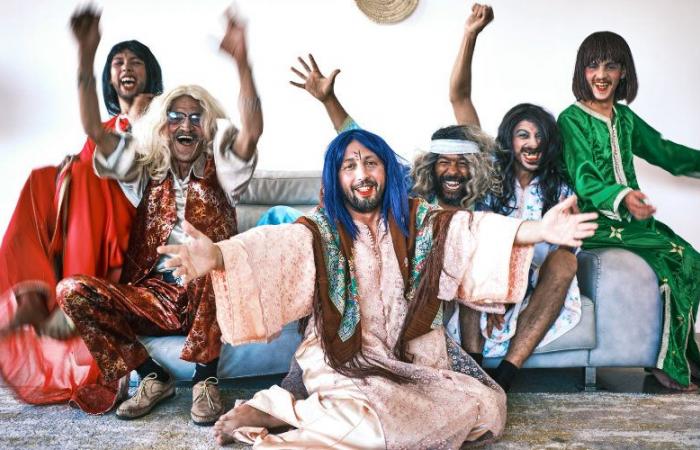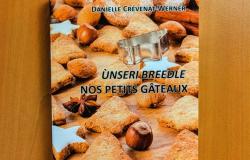These artists, who perform as chikhates – these popular Moroccan singers, independent and free, from the 19th and 20th centuries – took over the stage of a festival in Tangier last month. Made up and dressed as women, they offered the public a colorful spectacle, provoking both enthusiasm and incomprehension, reports France Inter.
While the majority of spectators greeted the performance with shouts of joy and applause, some, more conservative people, expressed their disapproval. “It’s a very difficult subject in Morocco,” explains Ayoub, a spectator. “Many associate this type of spectacle with homosexuality, which remains a taboo in our society.” Noura, for her part, testifies to an evolution in her outlook: “At first, I was shocked, but ultimately, I found it nice, different. »
Read: Great tribute to the Shikhates
This troupe, which had been juggling for eight years between the management of a theater school and concerts in a bar in Casablanca, has enjoyed growing success, even going beyond the borders of Morocco. She has now taken up residence in an apartment in the Mers Sultan district, known to be the heart of the Casablanca alternative cultural scene. “We’re transforming this little living room into a little living room theater,” explains a member of the troupe. “We are actors, musicians, dancers, singers. We are a bit like the Théâtre du Soleil method. »
Ghassan El Hakim, the director, describes his cabaret as “matrimonial”. He looks back on the Tangier experience: “It was one of the best concerts I have done in my entire career as a chikhate! There was a risk, but we chose not to increase security. We were there, as Shikhates, and that was enough. » Faced with attacks on the internet and in the local press, he prefers to invoke Moroccan history and traditions: “The grandparents of those who were present all saw the Khomsi dancing like a woman. It is an ancient tradition that still exists in some isolated villages in the mountains. »
The troupe, erudite and passionate about history, strives to research the lyrics of ancient songs written in dialectal Arabic. She also likes to recall the figure of Bouchaib El Bidaoui, a Moroccan transgender artist from the 1950s, who, like them, helped to shake up norms.






